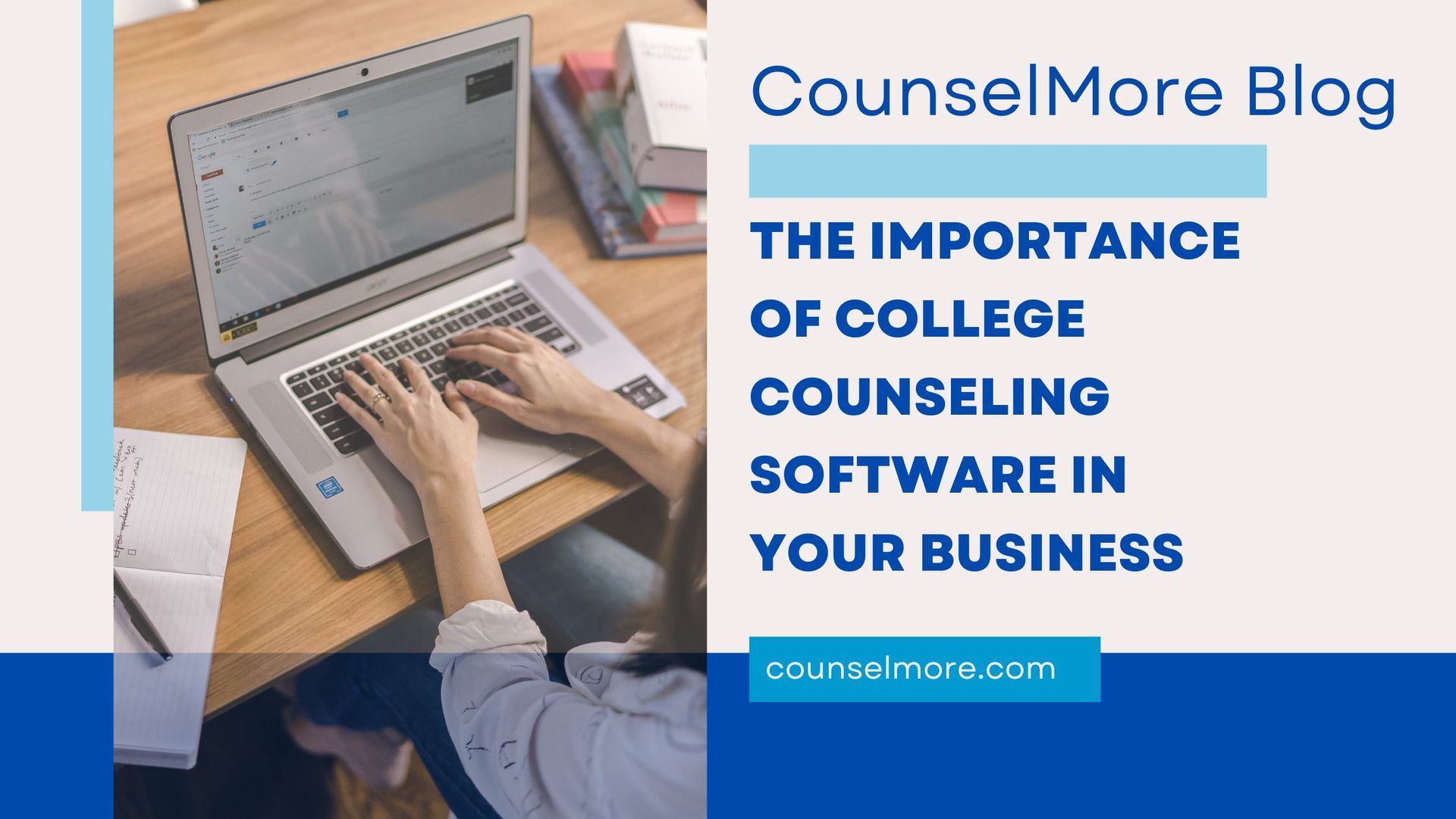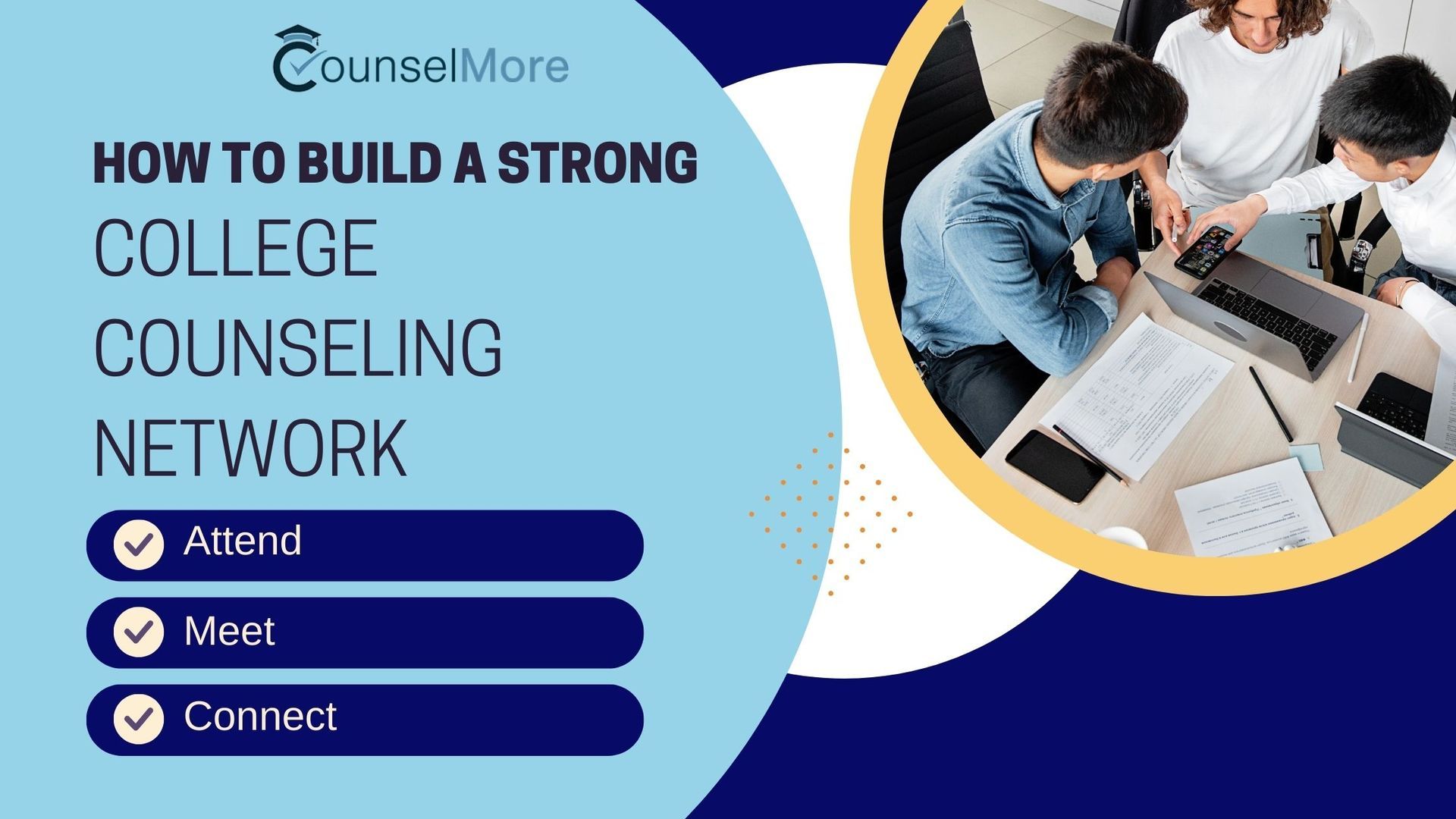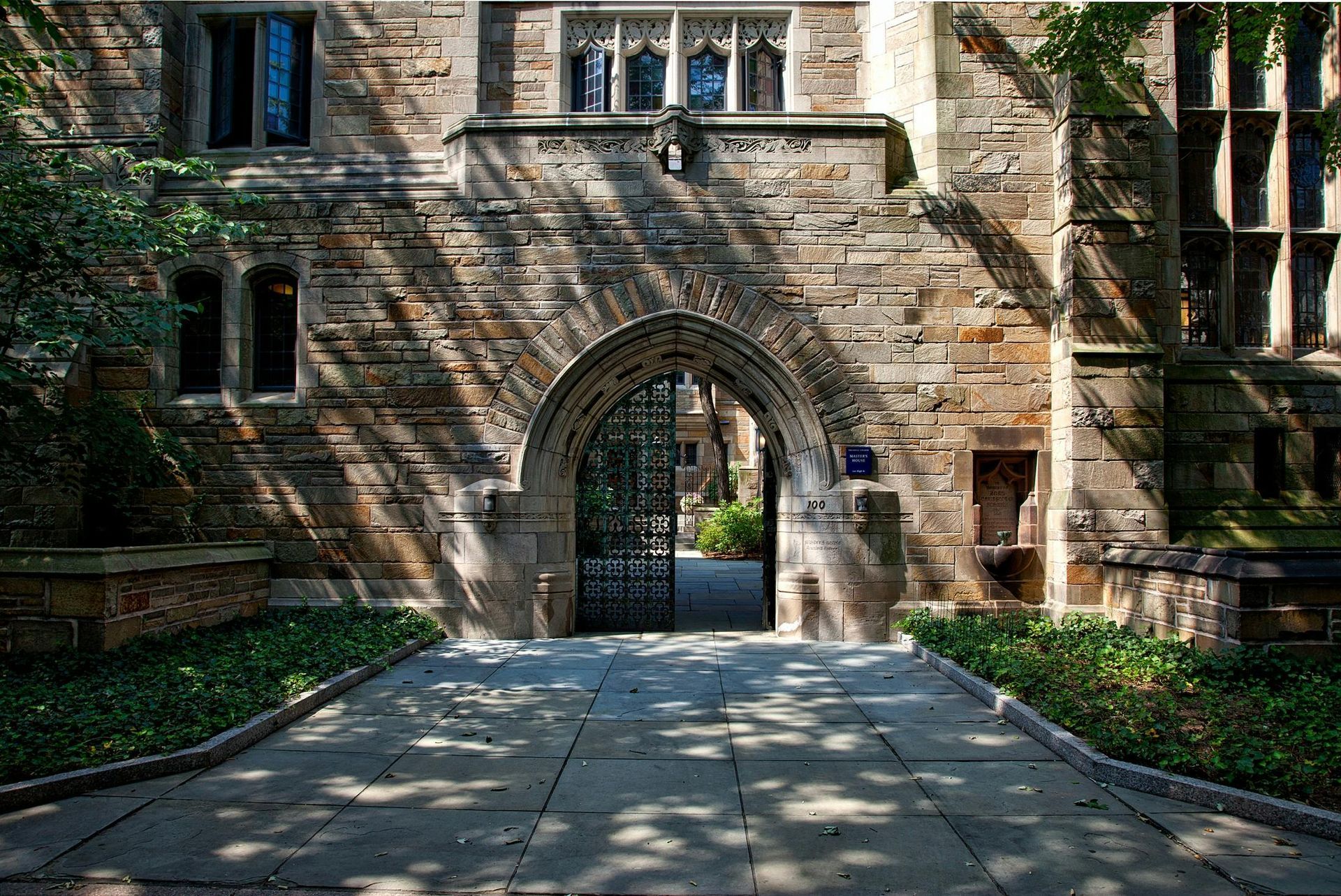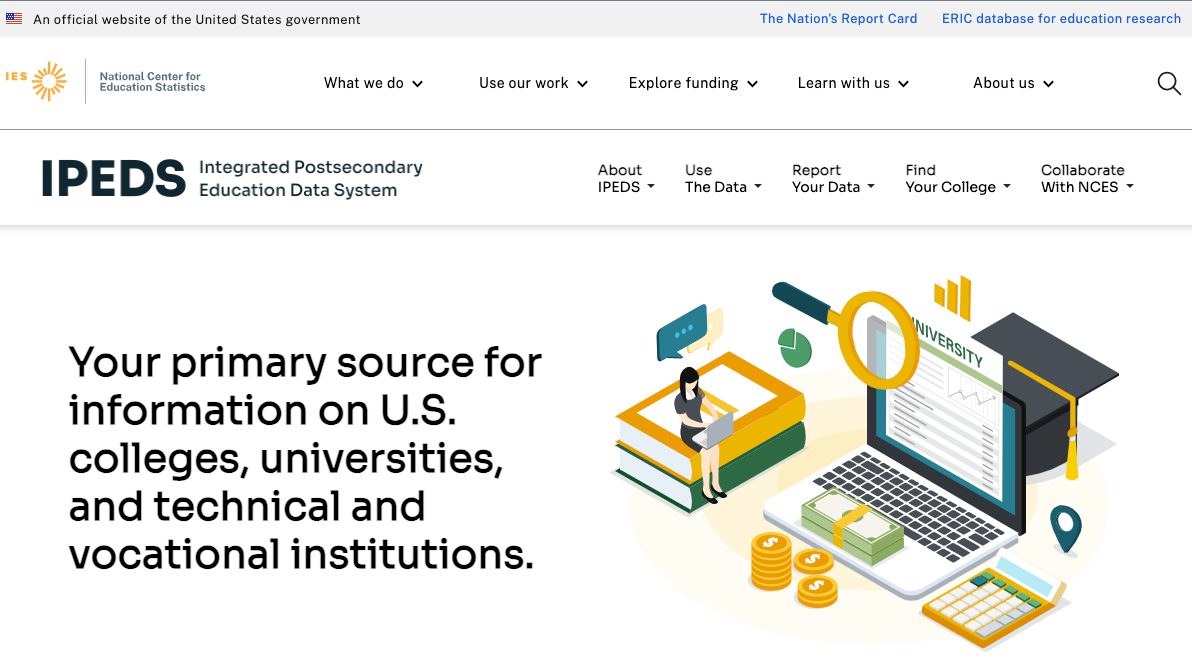Connecticut's Bold Move: Towards Ending Legacy Admissions in Higher Education
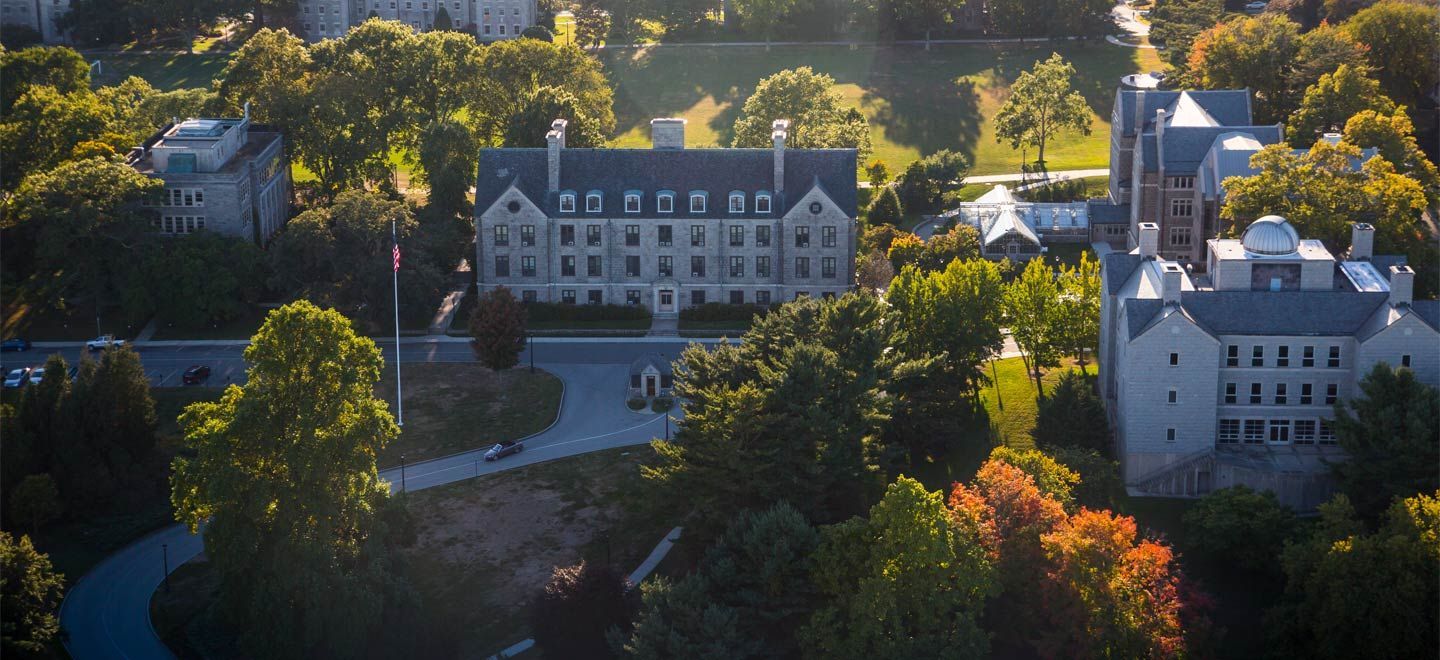
In a groundbreaking move, Connecticut is poised to challenge a long-standing tradition in higher education: legacy admissions.
A bill set to be proposed in the upcoming legislative session aims to ban this practice in both public and private universities across the state. With bipartisan support, this initiative could mark a significant shift in the college admissions landscape. The Connecticut General Assembly, convening from February 7th to May 8th, 2024, will be the stage for this potentially historic legislation.
The Legacy Admissions Debate:
Legacy admissions, the practice of giving preferential treatment to applicants with familial ties to alumni, has been a fixture in American higher education for decades. Proponents argue it fosters alumni loyalty and continued support, while critics see it as perpetuating inequality and hindering diversity. Connecticut's proposed bill brings this debate to the forefront, challenging the status quo and sparking a conversation about fairness in college admissions.
Connecticut's Legislative Journey:
The journey to this moment has been gradual but significant. In 2022, a similar proposal failed to pass the Connecticut legislature. However, the landscape has shifted since then, with increased public opposition to legacy admissions practices. This new bill, therefore, arrives at a time of heightened awareness and growing demand for change.
Wesleyan University's Pioneering Step:
Last summer, following the U.S. Supreme Court decision on race-conscious admissions,
Wesleyan University became the most high-profile private liberal arts university in Connecticut to ban legacy admissions. This decision reflects a broader trend among Connecticut's public colleges and universities, which have been moving away from this practice in recent years. However, legacy admissions still play a role in seven of the state’s private colleges and universities.
Yale University's Legacy Admissions:
Yale University, Connecticut's most prestigious institution, admitted 14 percent of the class of 2025 based – at least in part – on legacy status. While a Yale spokesperson declined to comment on the proposed bill, the university's practices highlight the ongoing relevance of legacy admissions in elite institutions. The argument against a legacy admissions ban often centers on concerns of government overreach and the potential impact on university traditions and autonomy.
The Case for Equity in Admissions:
Advocates for ending legacy admissions argue that the practice is outdated and contributes to an unequal playing field. They assert that college admissions should be based on merit and individual achievements, not family connections. This perspective aligns with a growing public sentiment that higher education should be more accessible and equitable.
Implications for College Counselors:
For college counselors and educational consultants, particularly those using CounselMore's software tools, these developments underscore the need to stay informed about changing admissions policies. Counselors must be prepared to guide students through an admissions landscape that may increasingly prioritize merit and diverse experiences over legacy connections.
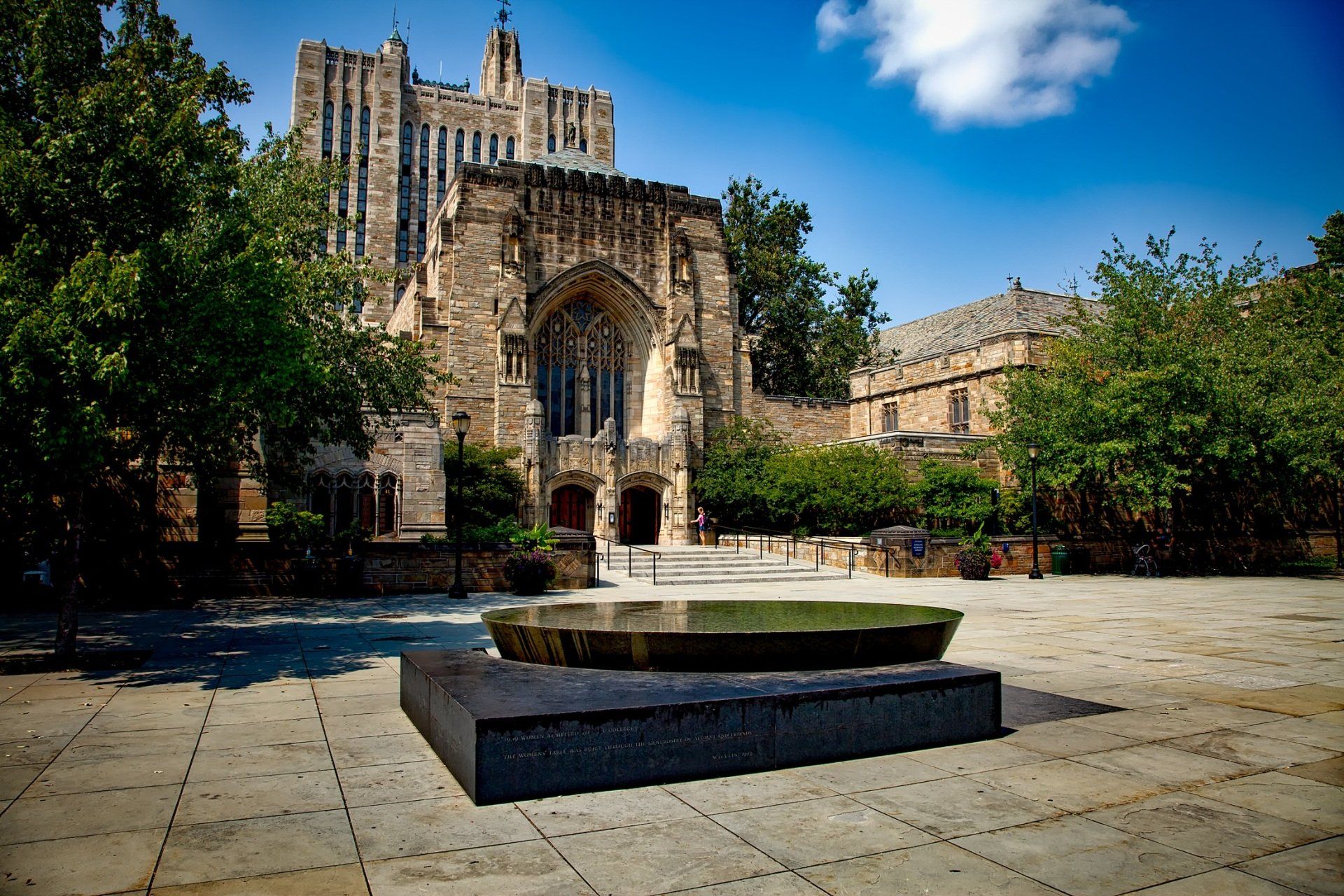
The Role of CounselMore in Navigating Changes:
CounselMore offers a comprehensive suite of tools specifically designed for educational consultants and college counselors. As the admissions landscape evolves, CounselMore's features like college search and list builder, and assignment packages, become even more vital. They enable counselors to adapt their strategies and provide the best guidance to students in a changing environment.
Connecticut's potential ban on legacy admissions is more than a state-level policy change;
it's a symbol of a shifting paradigm in higher education. As the Connecticut General Assembly debates this bill, the implications for colleges, students, and counselors nationwide are profound. This legislative session could set a precedent for other states, signaling a move towards a more equitable and merit-based admissions process.
Stay ahead in the evolving world of college admissions with CounselMore. Simplify your practice, focus on what you love, and guide your students towards their future with confidence and clarity.

